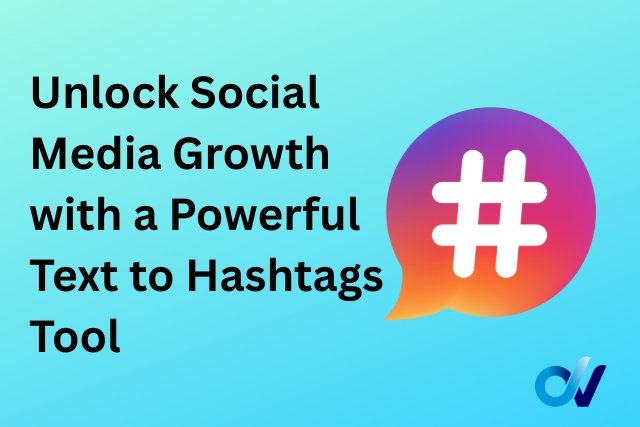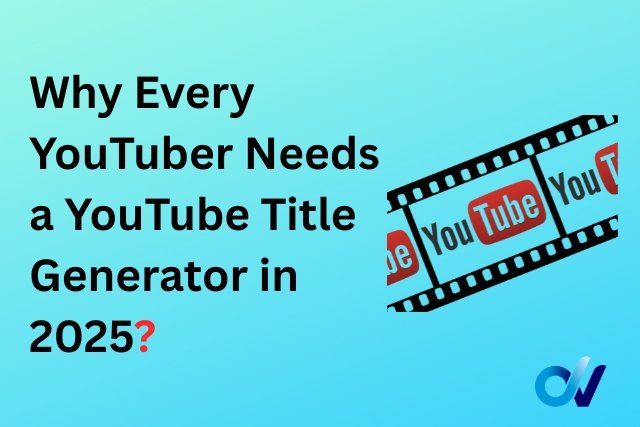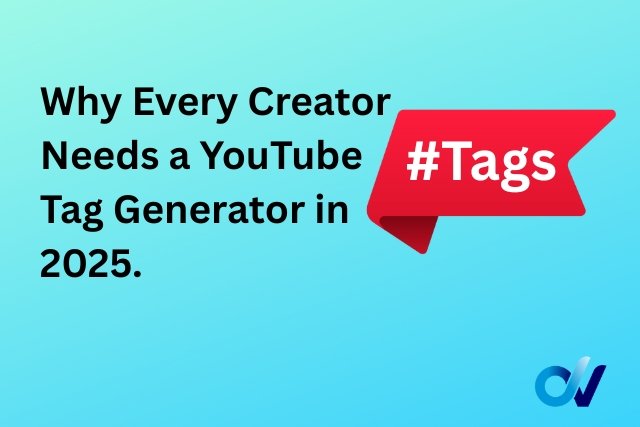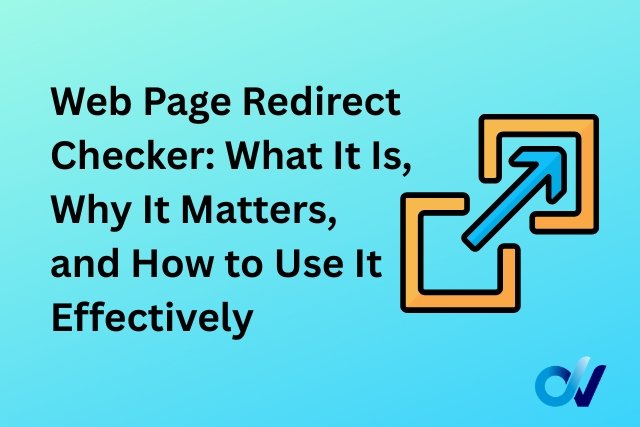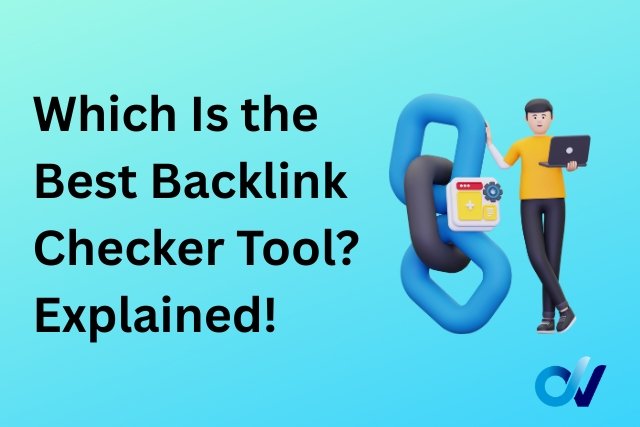
How to Address Content Management System Issues in Web Development?
Stay up to date with the latest news

A CMS is supposed to be a convenient tool for web development. Systems like WordPress, Drupal, and Joomla give both coders and non-coders the ability to construct, maintain, and update websites without starting from scratch. But even the strongest of CMS platforms are not immune — problems will still crop up, particularly as your site expands in both volume and complexity. If you’re a developer, business owner, or a digital marketer, you should know how to fix CMS problems to keep your website alive and kicking. Here’s how to address common CMS problems.
1. Performance and Speed Issues
If you’ve ever heard a grip about CMS websites, it’s usually about how slow they load. Excessive plugins, bloated themes, and unoptimized images can be a drag on your site’s performance.
How to Fix It:
- Audit Plugins and Themes: Keep only the plugins and themes that you really need. Uninstall and remove the rest.
- Compress Images: Compress with new formats such as WebP and image quality parameters without losing quality.
- Caching: Cache static content of your web pages so they will be served more quickly.
- Upgrade Hosting: Slow speeds can sometimes be traced back to the host. Go with a hosting provider who specializes in CMS hosting.
2. Security Vulnerabilities
The popularity of CMS's makes them an attractive target for bad-actors. Out-of-date plugins, weak passwords, and no security measures are all entry points for attacks.
How to Fix It:
- Everything up to date: Keep your CMS core, plugins & themes updated, regularly.
- Use Strong Authentication: Require strong passwords and consider two-factor authentication.
- Utilize Security Plugins: Be sure to install reliable security plugins which can control threats and restrict any suspicious activity.
- Schedule Backups Frequent: A backup in the last thing can always save you lots of time and money in time of any accidents.
3. Compatibility Problems
It’s a common scenario nowadays wherein after an update, you are bound to face compatibilities between your CMS and the plugins and themes. These can result in broken pages, features that don’t work, or the site going down.
How to Fix It:
- Test in a Staging Environment: Don’t apply updates to your live site, test them in a staging environment first.
- Pick Well-Supported Plugins: Opt for plugins and themes that are updated regularly and are popular.
- Keep Documentation: You should document everything you do, so you can find the problem faster in the case of problems, including creating documentation for every custom you have done.
4. Bad Workflow for Content Management
Most CMS systems concentrate on features and functions yet forget ease of use for content authors and editors. This can create inefficiencies, errors, and frustration.
How to Fix It:
Customize the Dashboard - customize the admin to the content managers needs by usind simple interface and hiding all unnecessary things.
- User Roles & Permissions: Grant roles and permissions to the right people.
- Leverage Content Scheduling Tools: Numerous CMS’s offer the capability so you can draft, preview and schedule posts. Use them to manage your editors better.
5. Limited Scalability
However, as your site gets bigger, you may find that your CMS isn’t keeping up—be it in terms of functionality, speed, or your ability to organize all that content.
How to Fix It:
- Consider future growth – Make sure your site is future-ready, select a CMS and hosting that can grow as your business does.
- Content Strategy: Have a content strategy When you expand your content, it’s important to maintain usability which can be achieved by a good content organization (categories, tags, archives).
- Explore Headless CMS Alternatives: Some teams are migrating toward so-called headless CMS options, which decouple the backend content management from the front-end display, for even more flexibility.
Final Thoughts
A CMS can be a way to organize their workflow when coding up a website, but it’s not a fire-and-forget service. Regular maintenance of your site, mindful development practices and proactive troubleshooting are a necessity for ensuring your site is always up and running, hitch-free. In catching common CMS problems, early you can lay the cornerstones for a fast, secure and adaptable site.

Digitek Vista
www.digitekvista.com
Digitek Vista provides the most powerful 100% FREE SEO Tools that are built to make digital marketers smarter, not harder. From keyword research and backlink analysis, to on-page SEO checks and rank tracking, our tools enable you to increase your website’s visibility and drive more traffic and sales—all while saving time. Whether you are a professional or a novice, the tools really do bring real results and are easy to use. With these no-cost solutions, you can immediately start optimizing your site now.
